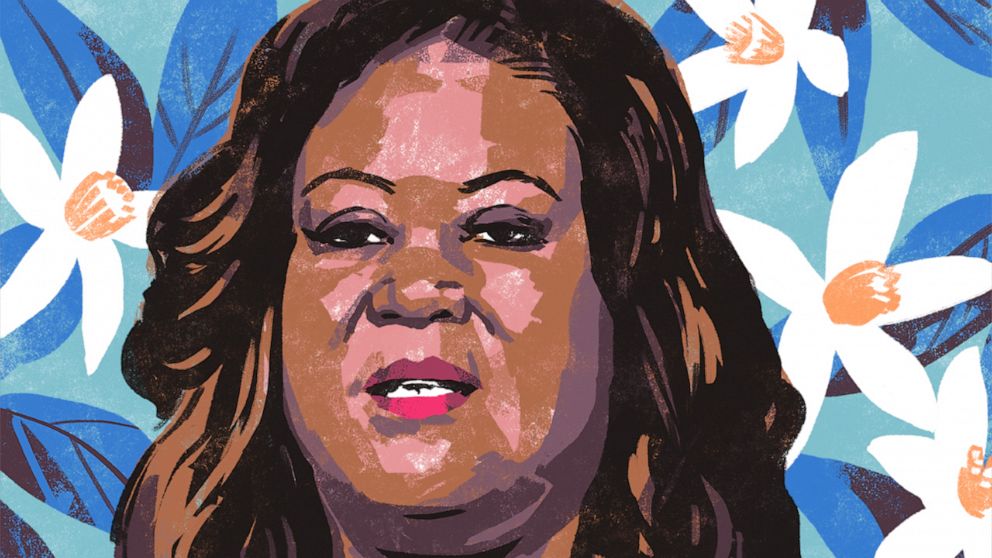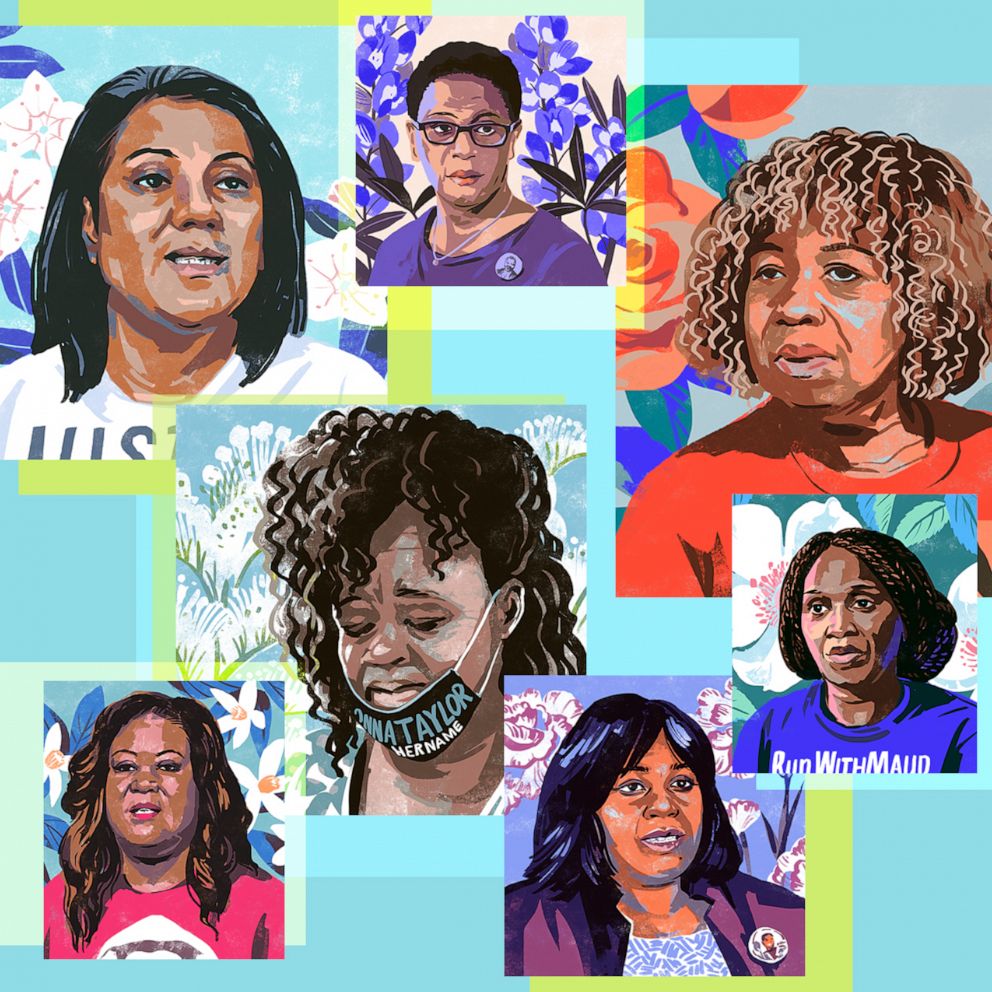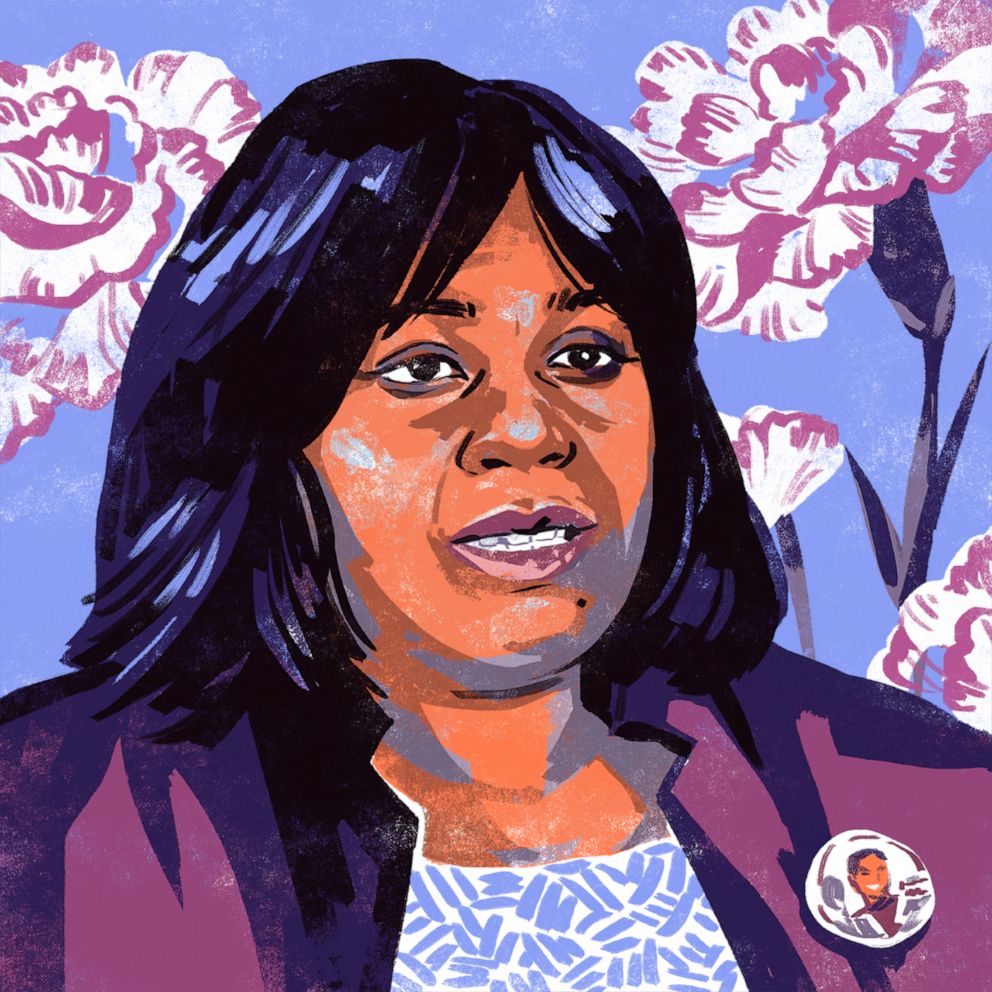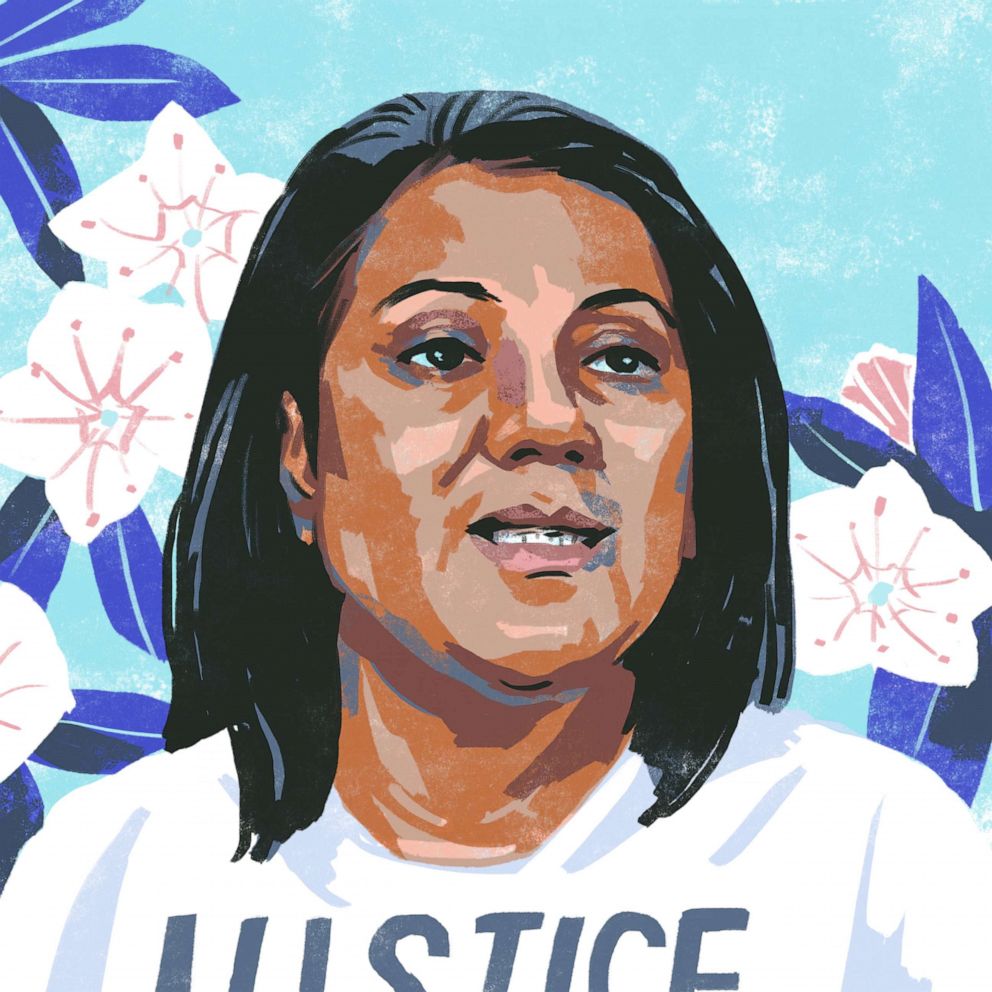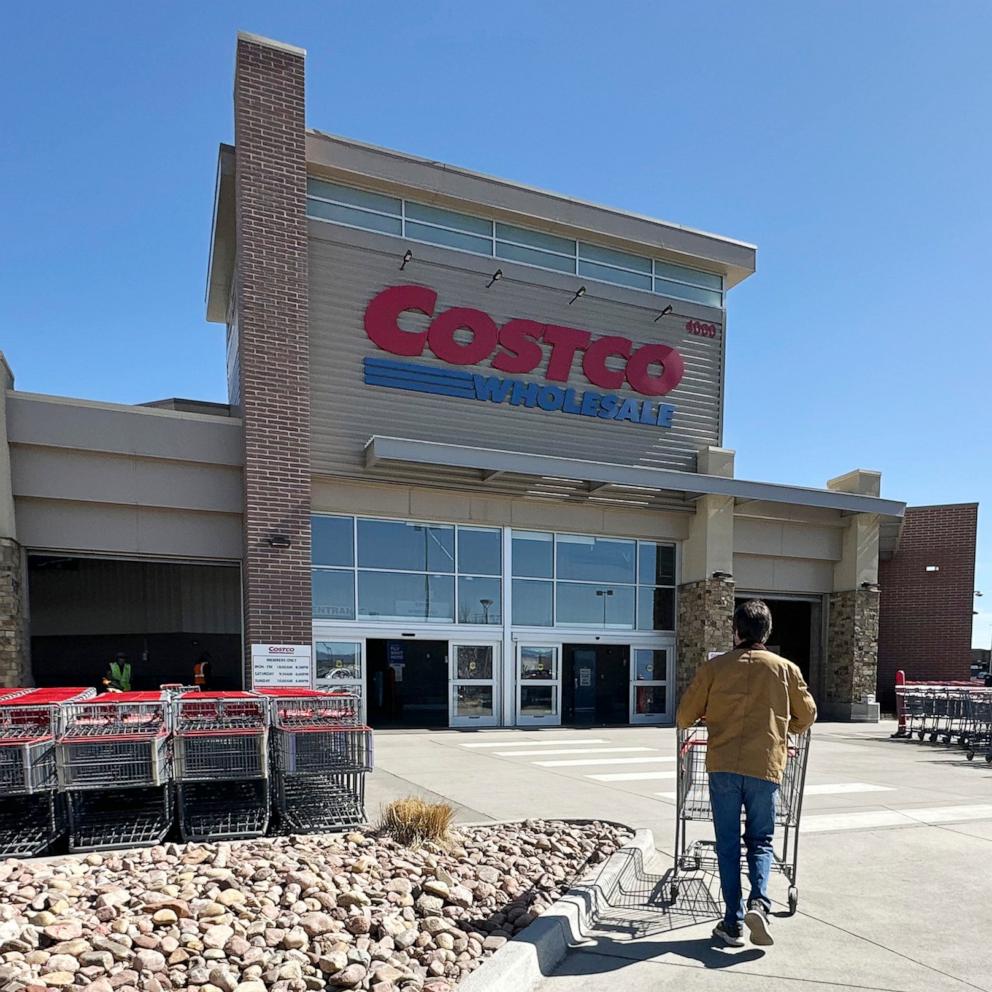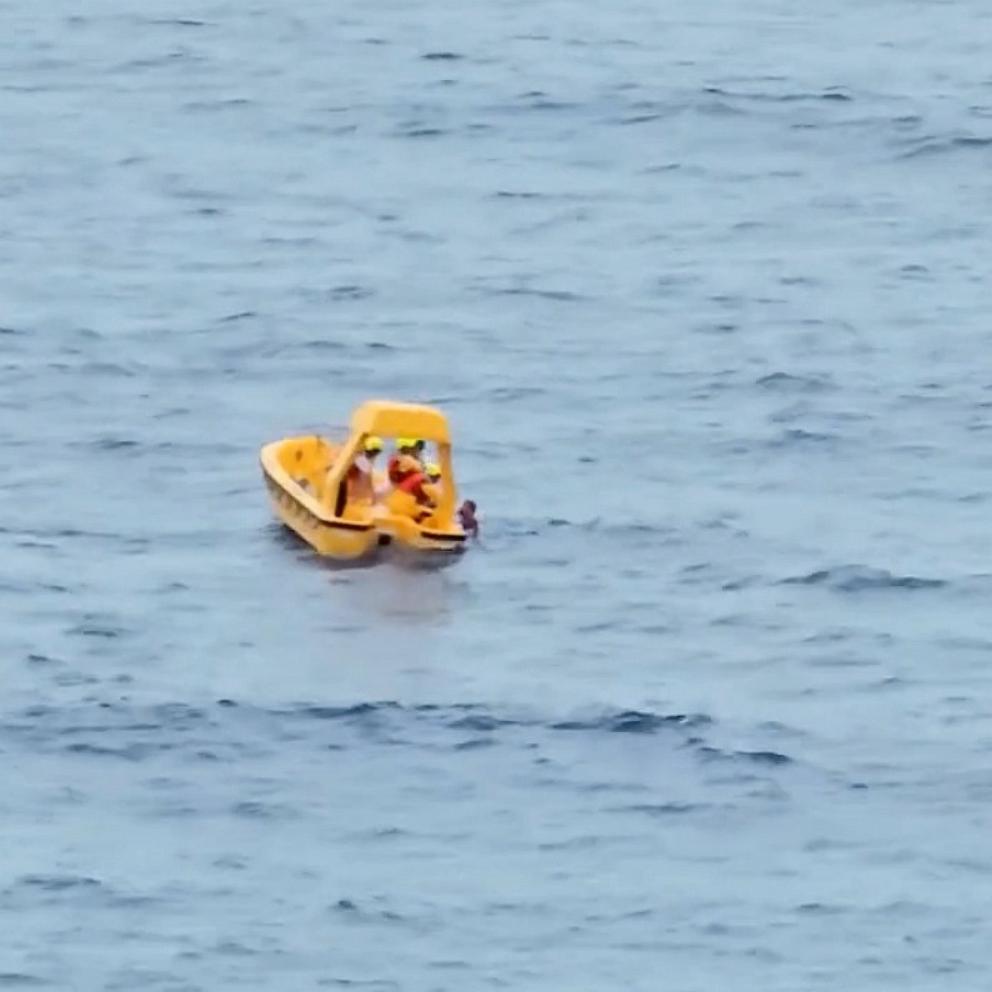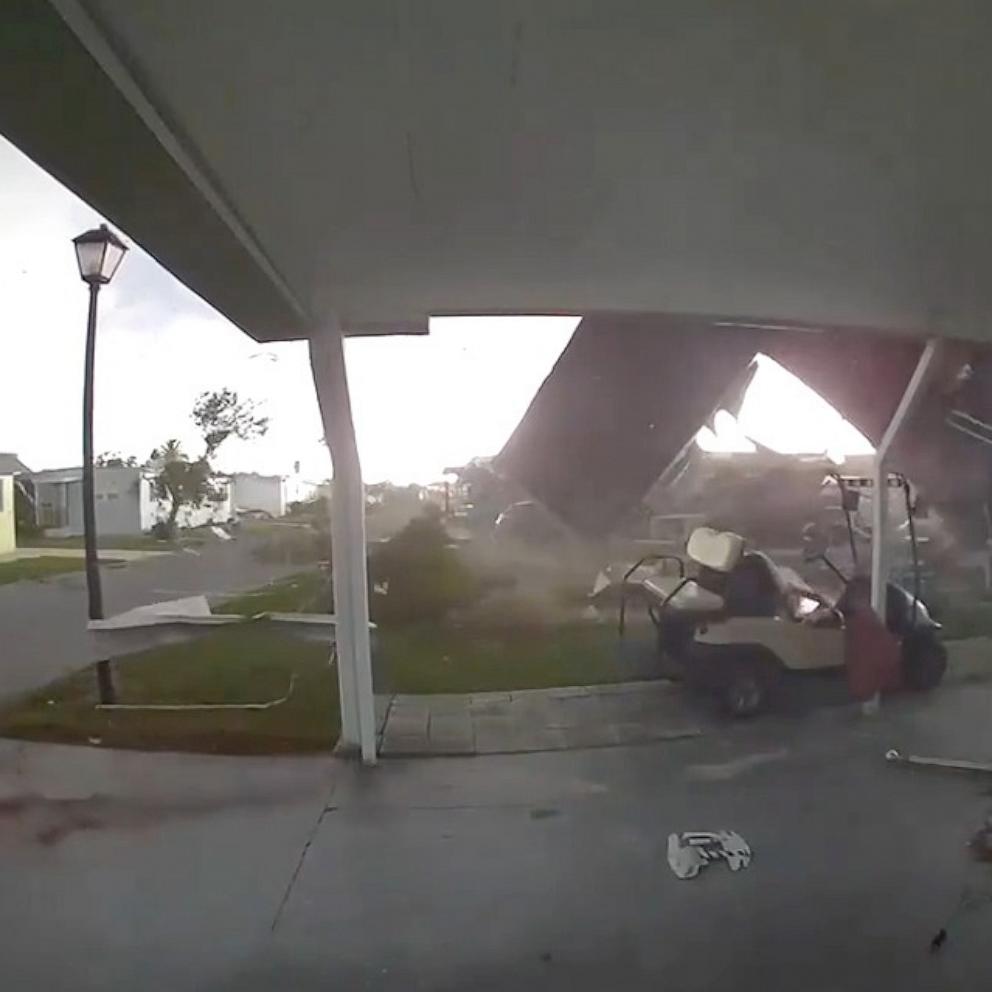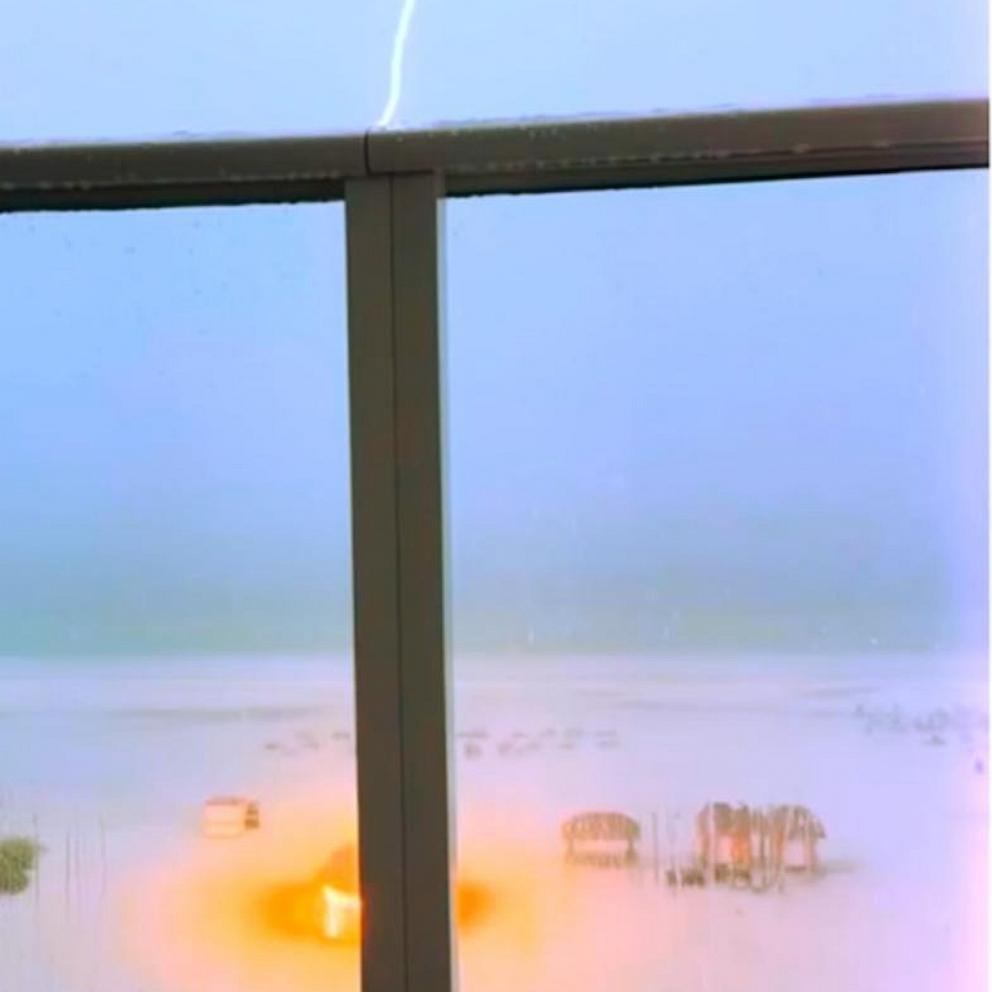Trayvon Martin's mom: 'We are never going to recover from this'
On Feb. 26, 2012, Trayvon Martin, 17, went to a convenience store near the home of his father’s fiancée in Sanford, Florida, wearing a hoodie. While walking back to the house, Martin was followed by neighborhood watch volunteer, George Zimmerman, who called police from his truck and who was told by them not to follow the teenager. Soon after, a physical altercation between the two ensued, and Martin was shot and killed. Zimmerman claimed the shooting took place in self-defense under Florida’s “Stand Your Grand” statute, but he was eventually arrested and charged with second-degree murder. He was found not guilty by a jury in July 2013.
Martin’s mother, Sybrina Fulton, was one of seven mothers who sat down with ABC News' Deborah Roberts for "Good Morning America" to share the stories of the children they lost and their journeys as Black mothers in America.
In her own words, Fulton recounts her emotional journey and shares her opinions that have been shaped by her heartbreaking loss.
Being a Black mother in America feels disappointing. At times it can feel hopeless. You feel helpless because you never know when you're going to be watching a news story in the safety of your home and the next day, you become the story.
Not one single day goes by that I don't think about Trayvon. I have another son, Jahvaris Fulton, and I have to keep moving because I have to fight for him. I can't do anything about Trayvon. The situation happened, the tragedy already occurred and I can't save him. But I can certainly work toward saving my older son.
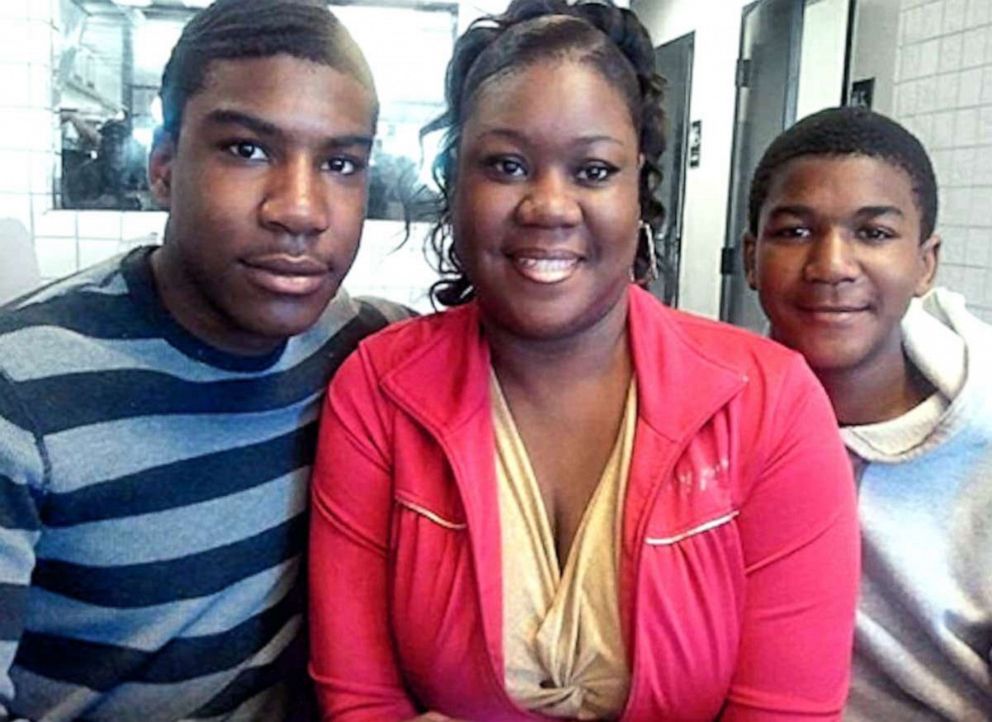
I don't want any mother to listen to what people have to say about the way you should heal and the amount of time it should take for you to heal. Don't feel any pressure from anybody that you should forget, that you should heal, that you should be happy.
Don't feel any pressure from anybody that you should forget, that you should heal, that you should be happy.
I felt like I was never going to be happy again. I went from being happy 95% of the time to being sad 95% of the time. For me, the thought of not having his pictures up and then all of a sudden having someone put them my face was triggering and I knew that was going to make me sad. So I leave pictures of Trayvon around my house. When I first started out, the hoodie would make me sad. Now, when I see a hoodie, like the one Trayvon was wearing when he died, I smile about it because I've trained and re-programmed myself to say, “That's in memory of my son.” You just have to do things in memory of your son or your daughter, and you just have to think about the good times.
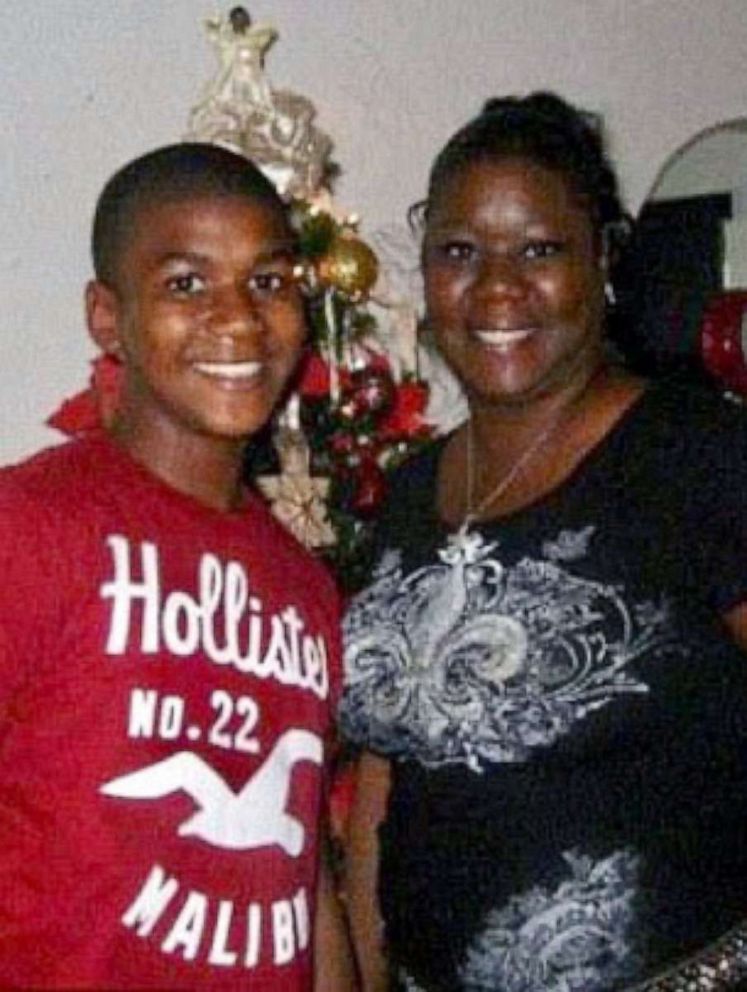
I still cry eight years later and I don't apologize for crying. Those are my tears. That was my son. You have to know that you have to allow yourself to be sad on that day. And then you have to allow yourself to know that a brighter day is coming.
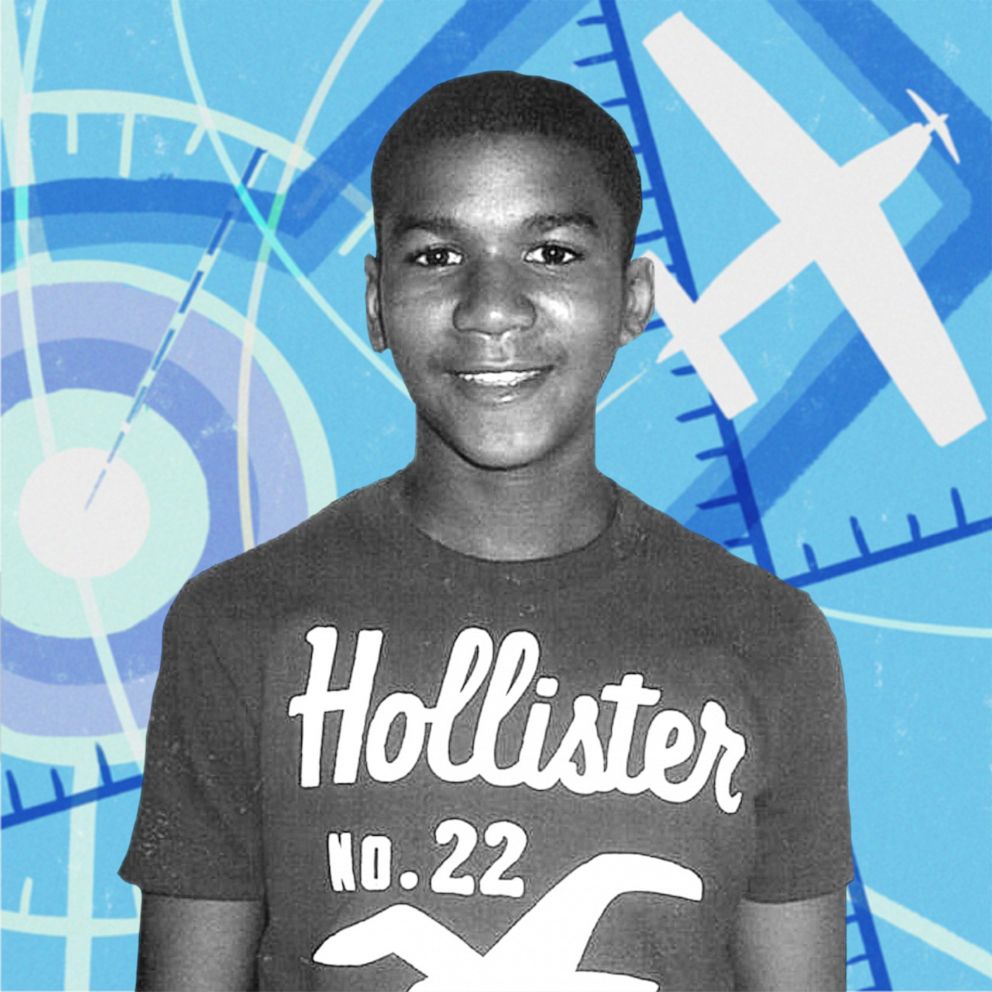
Of course it makes you very angry. It makes you disappointed and makes you say, “Why does it have to happen like this?” Again and again and again it continues to happen, and every tragedy, we are hopeful, saying, “I don't want this to happen to somebody else's child” because we know the pain. And we don't want somebody else going through what we are already experiencing.
I struggled with going to George Floyd’s funeral. I just didn't want to rehash the same feelings. I thought about myself. I didn't want to cry. I didn't want to be sad. I didn't want to think about those things. And I didn’t want to be there. I didn't want to be depressed. I thought about myself.
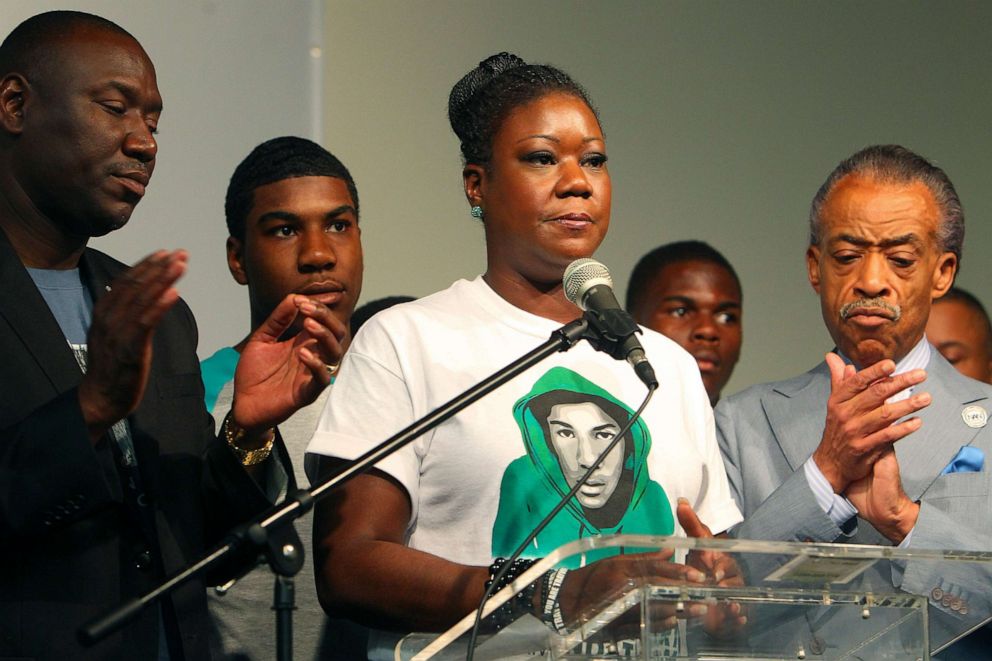
Then I put my selfish ways aside and I said, “I need to stand with this family to let them know that I support them. Let them know I'm with them. Let them know that they're not alone.” And that was my final decision. I can't worry about my feelings. I can't think about me sitting in the church, being sad, when this family is going through such traumatic pain.
I said, 'I need to stand with this family to let them know that I support them. Let them know I'm with them. Let them know that they're not alone.'
It is just so amplified that people don't even understand and we can't explain it to them. We can't explain it to you unless you’ve lost a child. I just had to be there for them to let them know that I support them and I stand with them. I found the brothers, I found the family, I found everybody. When I went into the church initially, I was OK. I was OK with being at George Floyd's funeral. But then once I saw the body, my thoughts were, “America did this to him. This is a result of the ugliness in America.” And it hurts so bad.
It took me a while to get it together because I just I kept asking God, “Why? Why did this have to happen? Why am I looking at a man in this casket who should have just been arrested instead of killed?” And I continue to ask myself that. I could not get myself together for a minute. I didn't want to sit up front at the funeral because I was emotional. And I couldn't stop crying.
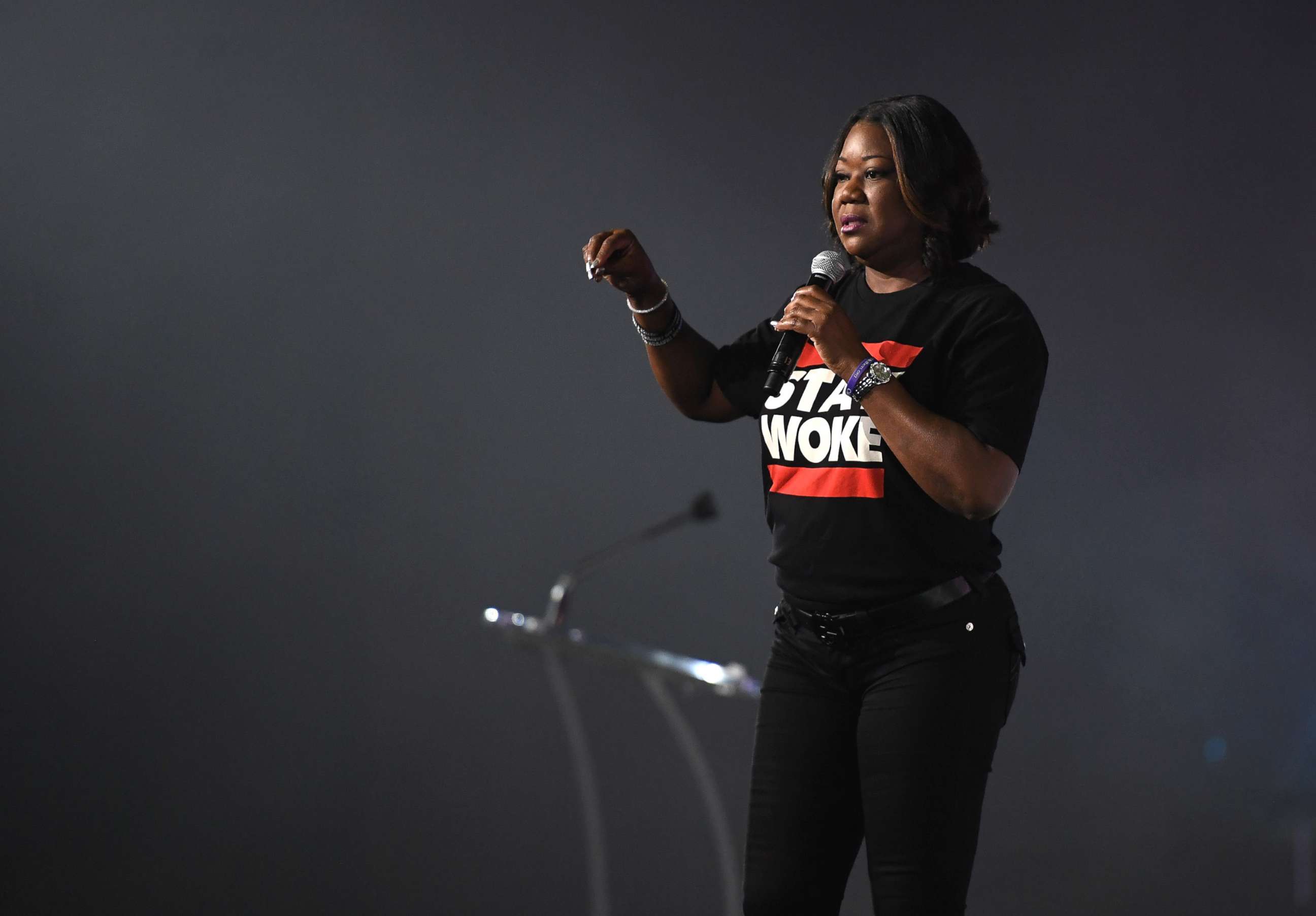
Finally, when they started to sing, I started to calm down. I thought maybe he’s the martyr, maybe he was the vessel that God sent to Earth to save us all, because we have to be saved. Something has to happen. We can no longer go on like this. We can no longer continue our lives being scared of people, vigilantes, police, whoever is trying to shoot and kill us. We can no longer do this and that's why you see so many protests.
I'm not the only one who’s saying enough is enough. I'm not the only one saying stop killing us. I'm not the only one saying that Black lives matter. We are just so sick and tired of feeling this way as African Americans.
I want to encourage people to take a look at these tragedies. Think to yourself, 'What if that was my son?'
When I say get involved, I'm not just talking about social media likes or reposting something. I'm talking about really getting involved. Whether that’s registering to vote, voting, attending jury duty, signing petitions, protesting, sending letters to the president and the governor and your local officials, whatever it looks like to you, but you have to do something.
I'm running for Miami-Dade County commissioner because I believe that I can make positive change. I'm passionate about my community, even though I travel the nation and speak professionally. I want to see changes here in my own backyard.
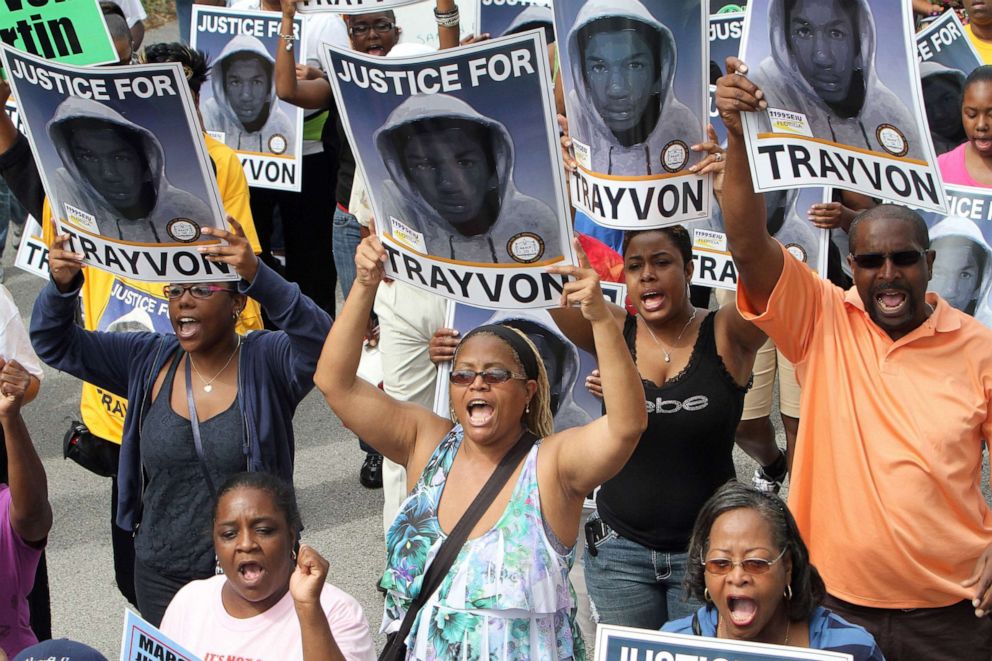
I was never a person that spoke out. I was never a person that protested. I had my thoughts and things that I believed in. But we can no longer be silent. Don't wait until something happens to your child. Get involved now so something doesn't happen to your child.
Don't wait until something happens to your child. Get involved now so something doesn't happen to your child.
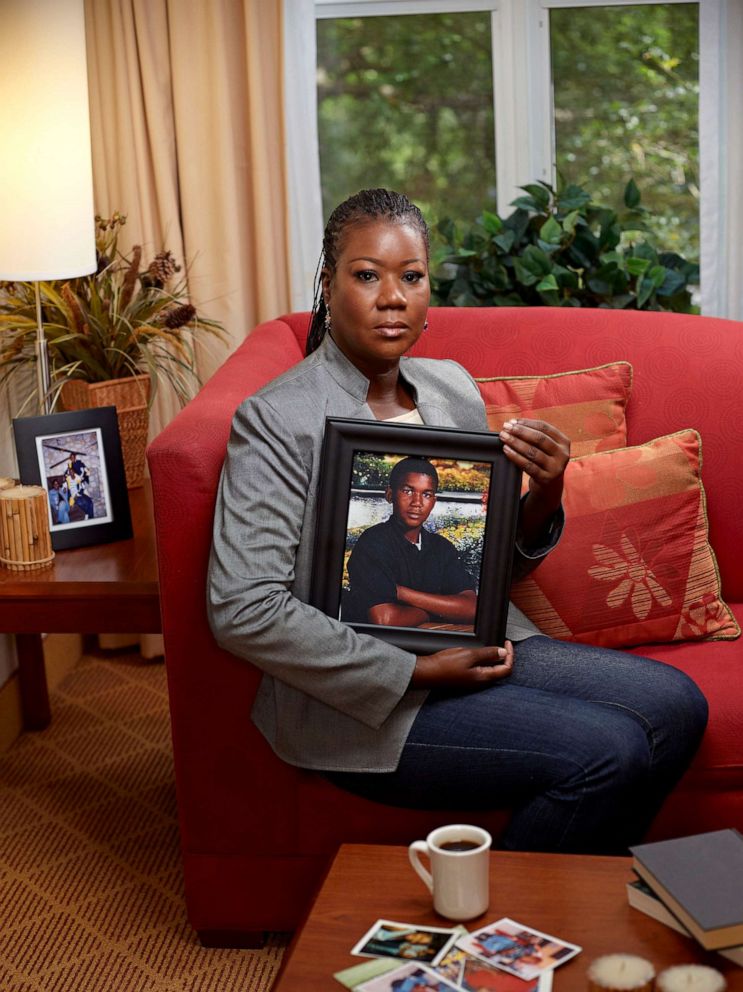
You have to lean on God. I'm no Superwoman, I'm no Wonder Woman. It was God that brought me through what I went through. Nobody else could have done that.
The views and opinions expressed in this piece do not necessarily reflect the views of ABC News.
